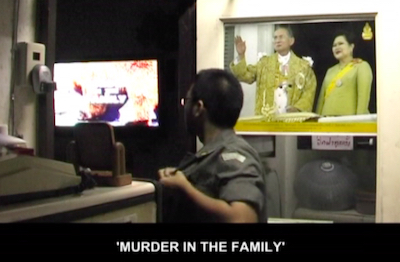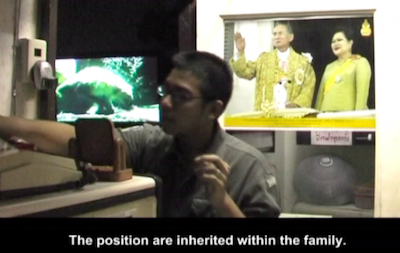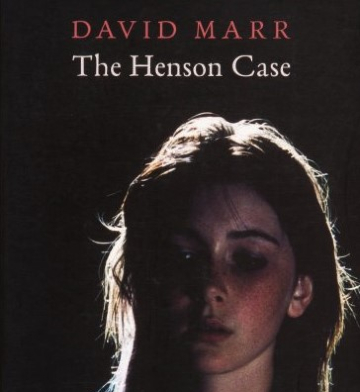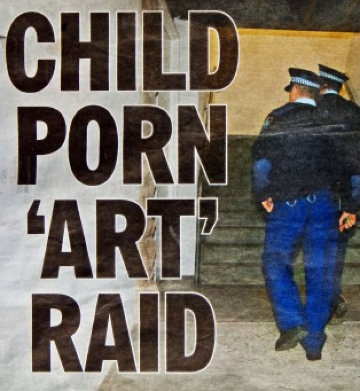Stanley Kubrick: Essays On His Films & Legacy is a new compendium of Kubrickian scholarship, edited by Gary D Rhodes. At first glance, it closely resembles
Depth Of Field, a previous collection of essays on Kubrick, with individual analyses of his major films, excluding Dr Strangelove, and several chapters devoted to Eyes Wide Shut.
The contributors to Depth Of Field (Diane Johnson, Vincent LoBrutto, Frederic Raphael, Jonathan Rosenbaum, et al.) were less academic, though arguably more authoritative. The contributors to Rhodes's book all have university teaching positions, yet none of them has previously published any work on Kubrick.
In his introduction, Rhodes inexplicably praises the first essay as a "monumental examination of Kubrick's photography for Look magazine". Unfortunately, the essay is a missed opportunity: instead of providing a detailed analysis or survey of Kubrick's Look photography, the author (Philippe Mather) spends page after page on photojournalism textbooks and sociological theories. Also, Mather's Look sources are all secondary, seemingly limited to
Drama & Shadows and LoBrutto's biography.
Other disappointing essays include overly descriptive articles on Kubrick's documentaries (by Marina Burke) and Killer's Kiss (by Tony Williams), both of which feature extensive plot summaries and only limited analysis. Then there is Eric Eaton's dry, theoretical study of Paths Of Glory: he examines the film's "conceptualization of at least two fundamental, polarized properties: (1) abstraction-concretion; and (2) the opposition of the powerful cultural forces emanating from the two states toward the concrete world of"... zzzzzzzzz.
Thankfully, there are also some more engaging essays: Hugh S Manon explores Kubrick's contributions to
film noir, Reynold Humphries examines the politics of Spartacus, and Homay King analyses the camerawork of Barry Lyndon. There are three interesting approaches to Eyes Wide Shut: gender, by Lindiwe Dovey; carnival, by Miriam Jordan and Julian Jason Haladyn; and phenomenology, by Phillip Sipiora. (Dovey does, however, make a glaring error, writing that Eyes Wide Shut "is the only film in which Kubrick acts as an extra". In fact, Kubrick is not an extra in Eyes Wide Shut, though he does briefly appear in five of his earlier films.)
The book's final chapter, by Robert JE Simpson, deals with Kubrick's personal reputation and public image, discussing the media representations of Kubrick that have appeared since his death (including Raphael's book, Eyes Wide Open;
Colour Me Kubrick; and
the Stanley Kubrick Archive, in London). This is the book's most original chapter, and contains valuable information on texts that many people may be unaware of.









